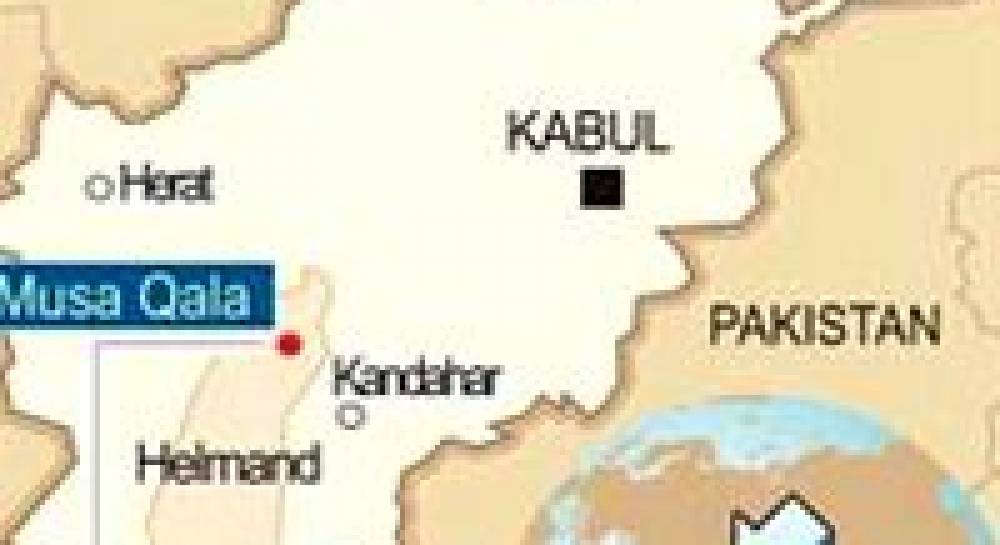
NATO swapping Ukraine, Georgia for Afghanistan supply lines, Iran cooperation?
It looks like NATO’s sweet-talking to Georgia and Ukraine may have provided an opening for alternate lines of communication through Russia into Afghanistan. NATO diplomats deny it, but the proposal for Russian...
It looks like NATO’s sweet-talking to Georgia and Ukraine may have provided an opening for alternate lines of communication through Russia into Afghanistan. NATO diplomats deny it, but the proposal for Russian cooperation on troop transports into the war against the Taliban won’t come for free, and Russia wants nothing more than its buffer states between NATO and their frontier. Both sides may have more on the table than that, too:
NATO said on Saturday it was nearing a deal to use Russian land and airspace to supply its security forces in Afghanistan, but Western diplomats denied any trade-off with Moscow to keep Ukraine and Georgia out of NATO.
A NATO spokesman said the alliance was negotiating accords on land and air corridors to transport troops and equipment, which could be announced when President Vladimir Putin attends a NATO summit next month.
Diplomats said a NATO-Russia council meeting on Monday would discuss a “package of deliverables” also including the possible leasing of Russian planes and trains, Russian training for Afghan helicopter pilots and counter-narcotics assistance at a centre near Moscow.
“Discussions are under way. There is no deal done. We are working towards an agreement at the Bucharest summit,” NATO spokesman James Appathurai said of an April 2-4 meeting in the Romanian capital.
The issue may find a resolution more quickly than that. Condoleezza Rice will meet with Russian diplomats on Monday on a wide range of issues, including cooperation on Afghanistan and Iran. Meanwhile, NATO sources have already begun to downplay any significant move towards admission for Georgia and Ukraine. For the latter, they cite a lack of popular support in Ukraine for the sudden lack of enthusiasm, and for the former their “heavy-handed treatment of opposition protests last year.”
Would such an effort be worth it? Absolutely, and for a reason that Reuters never mentions: Pakistan. Right now, our lines of communication into Afghanistan rely almost entirely on the nuclear-armed Islamic nation. The weakening of Pervez Musharraf has put those supply lines at risk and threaten the entire mission. We rely on overflights of Pakistani airspace to supply our troops, as well as some efforts through Uzbekistan. If we lost the overflight privileges, the NATO effort against the Taliban and al-Qaeda would be doomed.
The question will be at what price we buy reliable routes. Vladimir Putin wants NATO to keep its hands off Georgia and Ukraine, for starters. While that won’t be much of a loss for us, Putin may also demand an end to the missile defense system in Europe. That will go down hard with NATO, and won’t likely come without better cooperation from Russia on Iran. It could set up a wide-ranging horse trade with Putin and Dmitry Medvedev, one that could rearrange much of the politics in eastern Europe and the Caucasus.
We need to build back-up plans for supporting the mission in Afghanistan, and that’s especially true if our relationship with Pakistan sours. This looks like an attempt to rebuild an alliance with Moscow that may set some teeth grinding, but in the long run might — might — provide us with a more rational partner and one with less risk.

